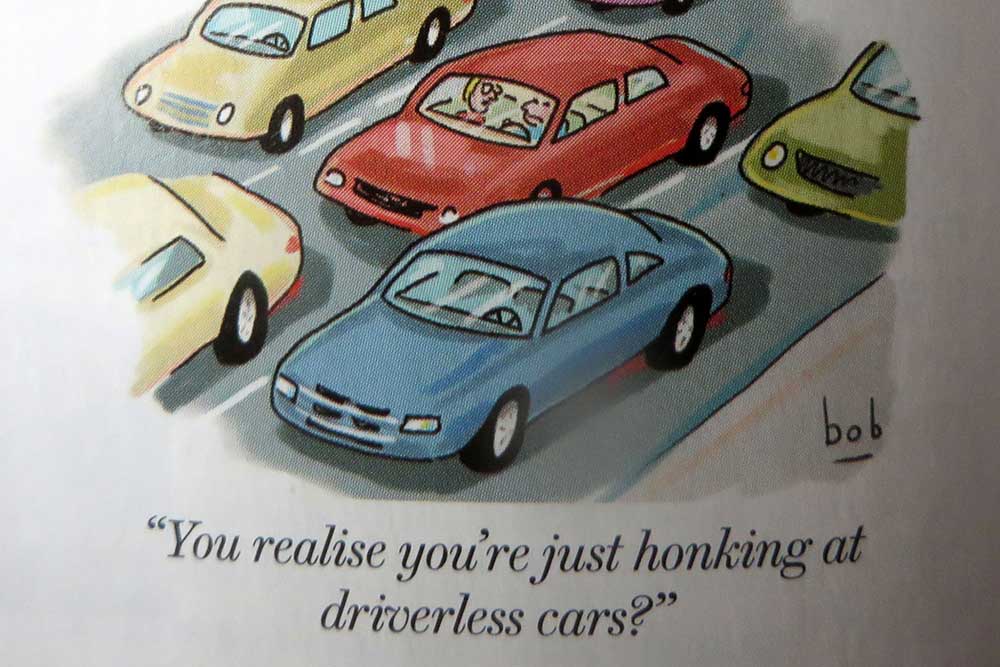
Image: Gwydion M. Williams
There aren’t a lot of ways to lead into a story about autonomous vehicles (AV) without referencing the 1990 film Total Recall, when Arnold Schwarzenegger’s character was forced to board a so-called “Johnny-Cab”, which was piloted by a built-in humanoid robot, which didn’t respond to human commands very well without being specific.
But that’s what comes to mind when reading a new position paper from the International Association of Public Transport (UITP), which said that AVs will lead to a future of even more private car traffic on the road unless they are put to use in shared fleets and integrated with traditional public transport services.
The paper, Autonomous vehicles: a potential game changer for urban mobility, discusses the future of AVs and their slow but potentially far-reaching adoption by a greater number of consumers.
It claims that an ‘alternative exists’ despite the risk of increased congestion due to car travel becoming even more comfortable and attractive.
According to the report, if AVs are put to use in shared fleets as ‘robo-taxis’, mini-buses or in car-sharing fleets, they could dramatically reduce the number of cars on the road by reaching people and places where it was too difficult to before, plugging first/last-mile gaps and feeding into public transport trunk lines.
The paper also proposes that shared fleets, integrated with traditional public transport, offer the possibility of a better urban future, cutting noise and environmental pollution, improving traffic efficiency and parking and liberating vast amounts of urban space for other purposes.
The paper calls on public authorities to take an active role in the roll-out of AVs to ensure their shared use with measures to encourage shared mobility and limit single car occupancy.
The complete paper is available for download on the UITP website.





